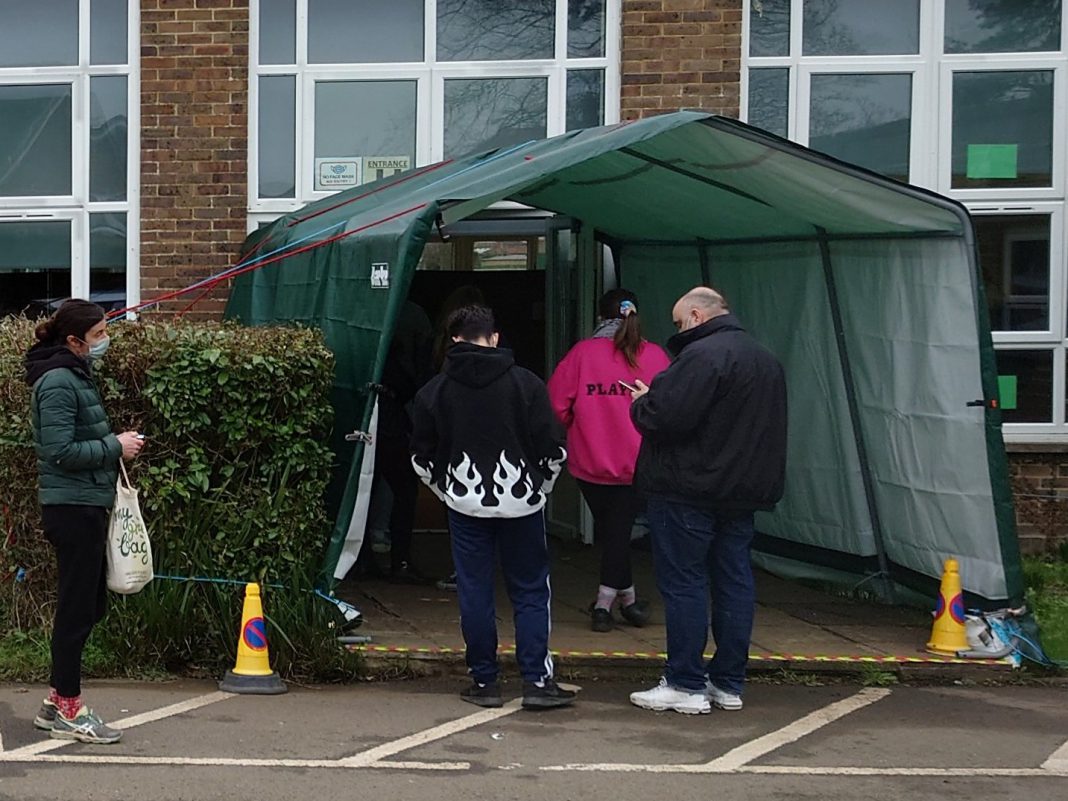Last week, to coincide with the decision to end the so called Plan B measures and changes to travel guidance, the health secretary said that we must “learn to live with” Covid, but then went on to urge caution: “Covid is not going away, it’s going to be with us for many, many years – perhaps forever and we have to learn to live with it.”
More variants?
After warnings that more variants might appear, the UK Health Security Agency has revealed that it is monitoring a new version of Covid, now found in more than 40 countries, called BA.2. The World Health Organisation (WHO) has categorised it as “under investigation”. Data is still emerging.
Coincidentally, the WHO spokesman has said that to end restrictions would be ‘premature’ A senior WHO spokesperson went on to say about those who say Covid-19 should be treated like a flu: “I keep wondering what the people who make these predictions know that I and my colleagues in the World Health Organisation do not…what people are seeing from around the world and reporting to the WHO is this is still a very, very dangerous virus, especially for people who have not been vaccinated and who have not been exposed to it before.”
Vaccination
In UK, we benefit from an advanced vaccination regime, but still around one third of young people remain unvaccinated; four million adults yet to have a first Covid jab and sixteen million yet to have a booster.
Trends in Sussex are mirrored at the Rye vaccination centre where numbers presenting for vaccination are dwindling. Across Sussex the NHS is looking to make outreach to communities where large numbers are unvaccinated. However there is a realisation that some will just not take up the offer.
With policy awaited for vulnerable 5-11 year olds, the Joint Committee of Vaccination and Immunisation (JCVI) has recommended that Covid vaccination is offered to those of this group either at clinical risk or in a household where there is someone of suppressed immunity. The offer would be two doses of paediatric Pfizer (10mcg), eight weeks apart. If a child has recently had Covid, there should be four weeks after testing positive before having a jab.
The NHS will identify those children at risk and will be contacting them directly over the next few weeks to invite them to vaccination. In Rye, we await confirmation as to whether the centre will be involved.
NHS staff
With the requirement for all NHS staff to have a jab by February 3 and be fully vaccinated by April 1 the debate about compulsory vaccination for health workers rages. Several professional groups have asked for a delay to prevent staff shortages in England.
This comes at a time when the NHS is looking at fresh challenges, in particular how to tackle the 8 million backlog of patients waiting for elective and other vital treatments.
Future trends?
Meanwhile in England, Covid case numbers are on the rise but deaths and hospitalisations continue to fall. It is unclear as to whether this uptick is because people have been socialising in anticipation of the removal of the measures.
The big question is, have we passed the pandemic peak and will we see the overall situation continue to improve?
With some scientists unhappy about the haste in which restrictions are being removed, one SAGE member has suggested that there is little public health justification for removing the counter measures, when infections and hospitalisations are still high. Only time will tell.
Image Credits: Anthony Kimber .



